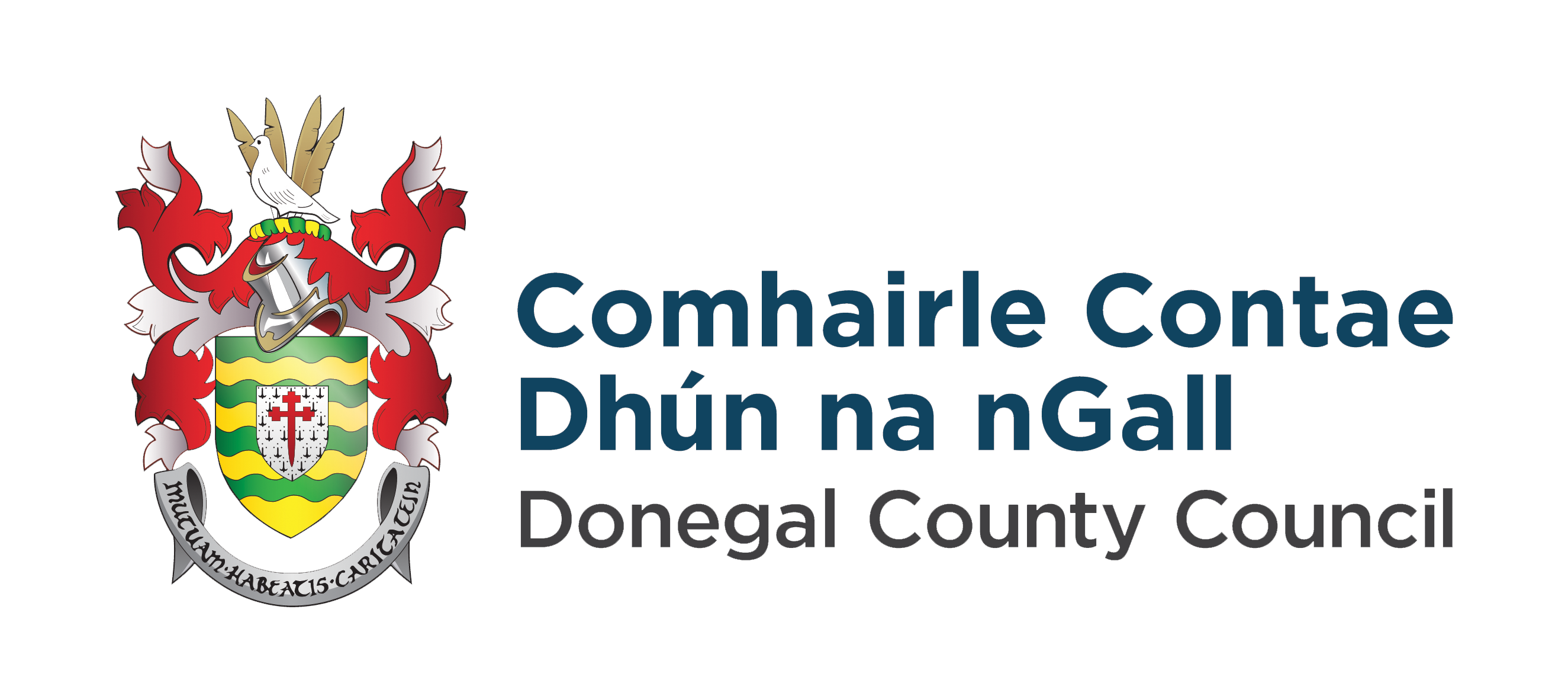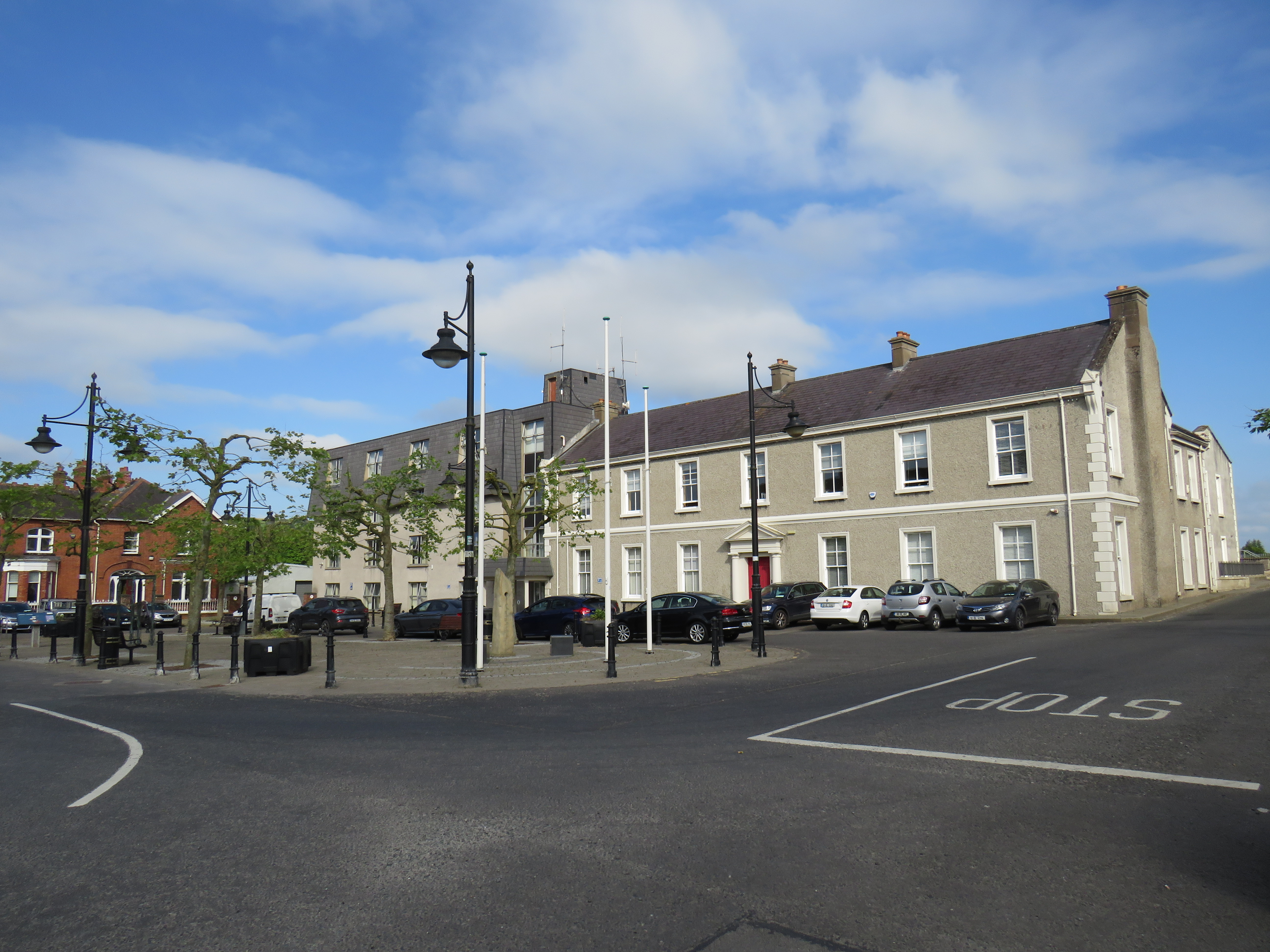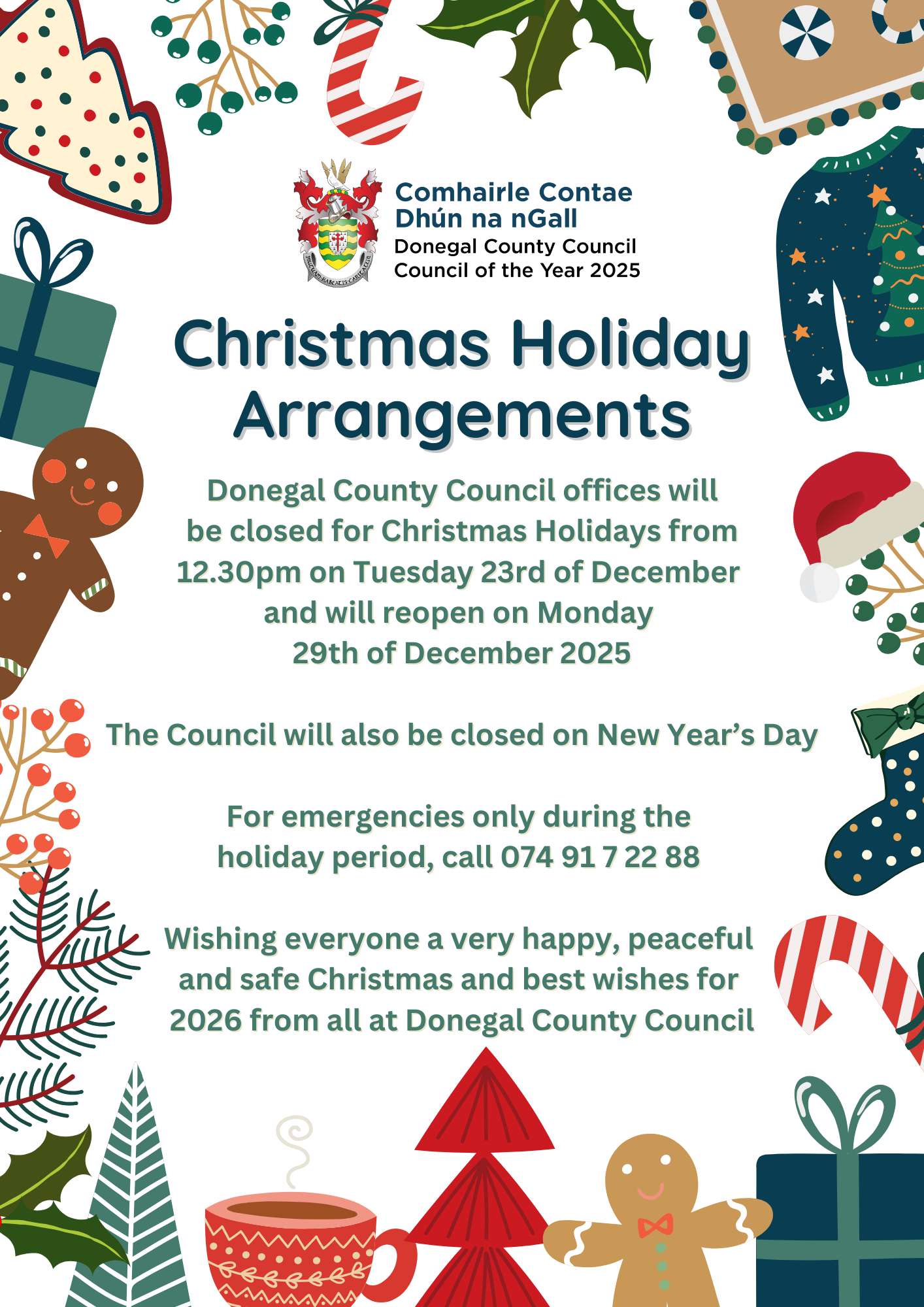Date: 26 Nov 2025
Bird Flu Update & Advice
As you are likely aware, Highly Pathogenic Avian Influenza HPAI (H5N1) or bird flu, is currently circulating in wild birds, especially in breeding seabirds around Ireland. There has been a marked increase in the number of reports of sick and dead wild birds to the Department of Agriculture, Food and the Marine (DAFM) in recent days. DAFM has also received queries from various Local Authorities in regard to sick/dead birds and HPAI. This is likely due to the news of HPAI outbreaks in poultry holdings and in captive birds in recent weeks.
DAFM’s role is to conduct avian influenza surveillance, which forms part of our Early Warning System for the detection of circulating avian influenza viruses, thereby informing our assessment as to the level of risk the disease poses to Ireland’s poultry sector. The Department carries out avian influenza surveillance testing throughout the year in targeted dead wild birds to understand if avian influenza is circulating in the wild bird population. The Department, however, is unable to collect, remove or provide treatment to sick wild birds.
Whilst DAFM is responsible for the protection of the health of Irish poultry, wildlife comes under the remit of the National Parks and Wildlife Service (NPWS). DAFM continues to be in regular contact with NPWS colleagues who are monitoring this evolving situation in wild birds. NPWS staff report sick and dead wild birds to DAFM predominantly via our Avian Check App. DAFM encourages the reporting of sick and dead wild birds as the reports help us to understand the epidemiology and disease situation within wild bird populations.
With regard to public health advice, DAFM takes its lead from the Health Protection Surveillance Centre (HPSC) and the Health Service Executive (HSE) who are the competent authorities with the expertise and responsibility in this area. As part of Occupational Health responsibilities, DAFM provides occupational health workshops which provide the necessary training and assessment for DAFM staff and other organisations that carry out specific duties in relation to avian influenza control measures on behalf of the Department.
Under EU legislation, dead wildlife are not defined as animal by products and do not come under animal by products regulations, except where the wild animals are suspected or confirmed to be infected with a disease. In that case, they are defined as category 1 animal by products and must be disposed of as such. It will be for the Local Authorities to consider - based on the circumstances (such as recent confirmation of H5N1 in wild birds in an area, and number of dead wild birds in a locality), whether they suspect the dead wild birds are likely to have been infected with avian influenza, in which case they ought to be treated as category 1 animal by products.
It is DAFM’s understanding that it is the responsibility of the Local Authority to collect and dispose of dead birds on publicly owned lands e.g. beaches. Local Authorities already have systems in place whereby Category 1 material can be appropriately disposed of. The organisation of occupational health provision is a matter for each individual organisation but should be conducted in collaboration with public health colleagues and occupational health providers.
As always, DAFM advice is that members of the public should not approach or handle sick or dead wild birds. In such cases, our immediate advice (as guided by public health colleagues) is to instruct them to wash their hands with soap and hot water. Should they have any concerns or develop any ‘flu-like’ symptoms they are to contact their GP making them aware of the fact that they may have been exposed to avian influenza.
Up to date information on avian influenza in Ireland can be found at: www.gov.ie/birdflu



